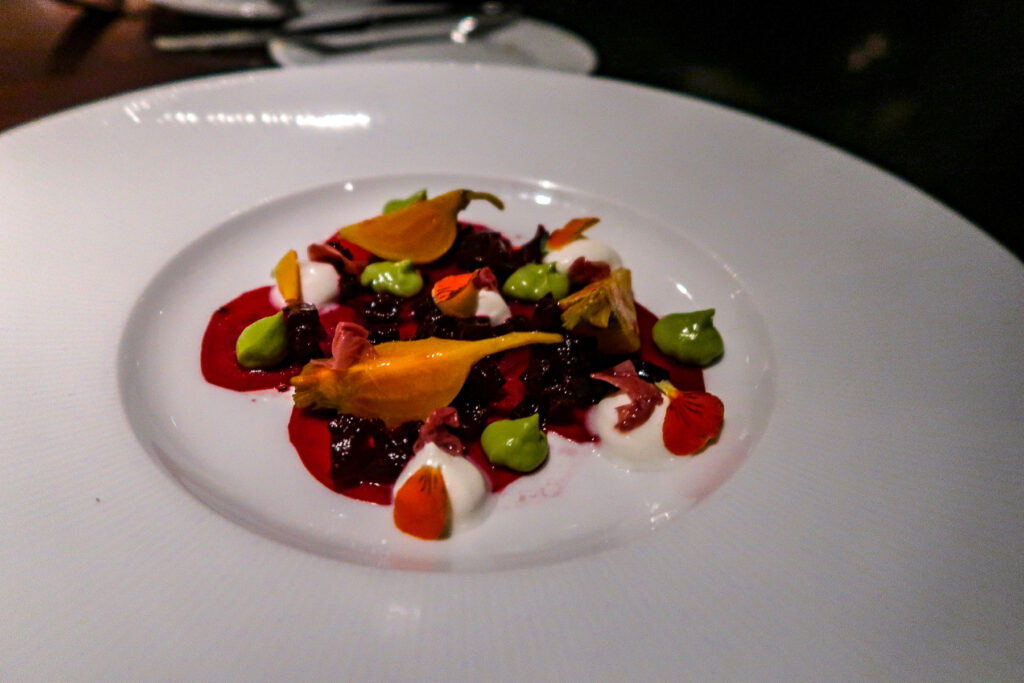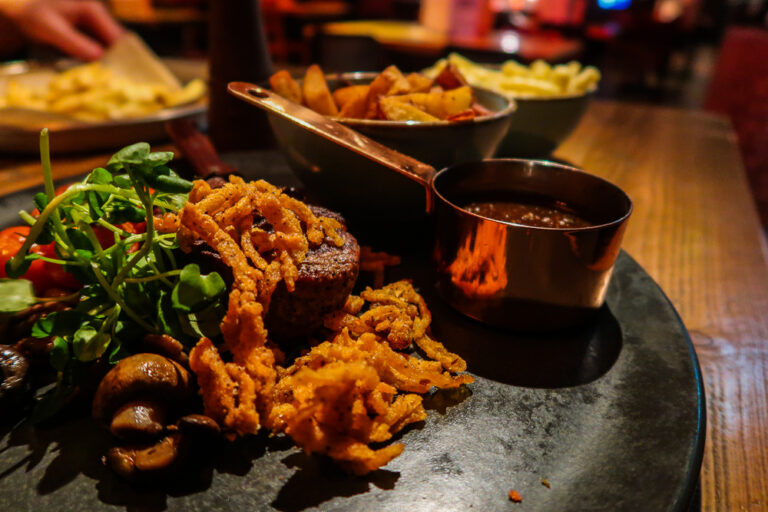Food tourism has grown into a thriving sector in recent years, fusing two of life’s greatest pleasures: travel and gastronomy. Food tourism provides a singular and immersive method to discover a region’s culture, history, and traditions.
It’s not just about indulging in mouthwatering cuisine. The educational advantages of culinary travel and how it might deepen our understanding of the world are discussed in this article.
Food Tourism: The 8 Educational Benefits of Culinary Travel
Using Food to Explore Culture
The ability to fully experience a destination’s culture through its cuisine is one of the main educational benefits of culinary tourism.
Although if you are writing a dissertation on the same, https://us.dissertationteam.com/thesis-editing-services could help you add a lot of insights on culinary tourism, but trying the local food is like embarking on a savory journey through the history and legacy of a country because every culture has its distinctive culinary traditions.
In Thailand, for example, a plate of Pad Thai not only satisfies your appetite but also describes the history of the nation’s commercial links and the centuries-long influence of Chinese cuisine.
The Past on a Plate
Through the tastes of the past, culinary travel acts as a time machine, taking us to many eras. Recipes that have been handed down through the ages frequently have historical value. You may taste decades of culinary development when you eat paella in Spain or pasta in Italy. This intimate encounter makes history come to life in a way that textbooks are unable to.
Sustainability and Local Ingredients
Food tourism promotes a respect for locally derived ingredients and environmentally friendly farming methods. Travelers frequently stop by neighborhood markets and farms to learn more about the value of protecting local biodiversity and helping small-scale farmers.
The global movement towards sustainable agriculture and responsible consumerism is promoted by this education.
Cross-Cultural Awareness
Cross-cultural understanding is also promoted by culinary tourism. You can cross cultural divides and make connections when you eat with locals and partake in their cuisine. Sharing a meal is a universal sign of hospitality and solidarity that can promote understanding and compassion for those with various origins.
Classes & Workshops in Cooking
Participating in cooking lessons and seminars is one way that many culinary travelers go above and beyond. One’s culinary skills are improved by learning to make traditional dishes from local chefs. It is a practical educational experience that makes an impact.
Maintaining Culinary Traditions
Traveling for food frequently brings us to off-the-beaten-track locations where traditional culinary practices are still thriving. Travelers may help keep these culinary traditions alive by supporting these tiny, family-run restaurants and street sellers. By doing so, they ensure that they will be around for future generations to discover and enjoy.
Nutritional and Health Awareness
A further promotion of nutrition and health awareness is food tourism. People who travel are exposed to a wide range of cuisines, some of which may be healthier than the foods they typically eat. People may be motivated by this exposure to choose better foods in their regular lives, which will increase their well-being.
The World’s Perspective
A global perspective on food is offered by culinary travel. It enables migrants to contrast and compare various culinary customs, ingredients, and preparation techniques from throughout the globe. This viewpoint encourages a deeper appreciation of the variety of human gastronomy and a knowledge of how geography, climate, and culture have an impact on food.
Conclusion
In summary, food tourism is a voyage that deepens our understanding of the world and is much more than just a culinary adventure. We establish a connection with a place’s culture, history, and people through its food. We get an appreciation of the value of sustainability, intercultural sensitivity, and the maintenance of culinary traditions.
Therefore, the next time you go on a gastronomic excursion, savor every bite for its flavor as well as the richness of information it contains.






